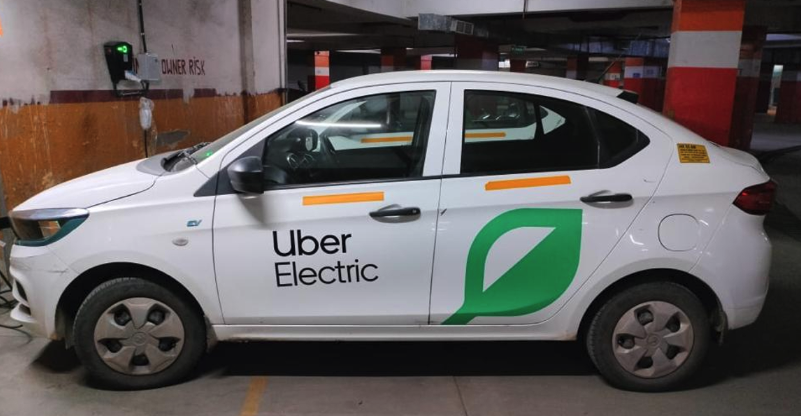Uber says Delhi’s plans to allow only electric bike taxis to impact millions
Bengaluru (Reuters) – Uber Technologies Inc (UBER.N) said on Friday plans by the local government in India’s Delhi city to only allow electric vehicles to function as bike taxis would risk “finishing off the sector” and impact the mobility needs of millions.
Delhi’s plans, part of a new policy to regulate vehicles used by ride-hailing companies like Uber and rival Ola, are being finalised and will be rolled out soon, the Economic Times reported earlier this week.
Reuters could not immediately confirm those plans.
If implemented, this would mark an aggressive step towards the country’s ambitions to ramp up the transition to vehicles that run on clean energy to reduce oil imports and curb pollution.
Uber, in a blogpost, said any such move would put at risk the livelihood of over 100,000 drivers in the city.
“Steep and infeasible EV mandates risk finishing off the sector as we know it. The impact of such a decision on the livelihoods and mobility needs of millions of Delhiites is clear,” San Francisco-headquartered Uber said, urging the government to initiate industry dialogue.
Uber has set a 2040 target for 100% of its rides to be in zero-emission vehicles, public transport or with micro-mobility, including in India.
Earlier this month, Uber announced plans to introduce 25,000 EVs over three years in India. Electric cars will however still be a fraction of Uber’s current overall active fleet of 300,000 vehicles in India.
On Sunday, the Delhi government in newspaper ads said digital platforms offering two-wheeler bike taxi rides should not do so as it violates certain existing transport rules.
Uber, which offers bike rides in Delhi and many other states in India, did not respond to a Reuters request for a comment on the advertisement.



